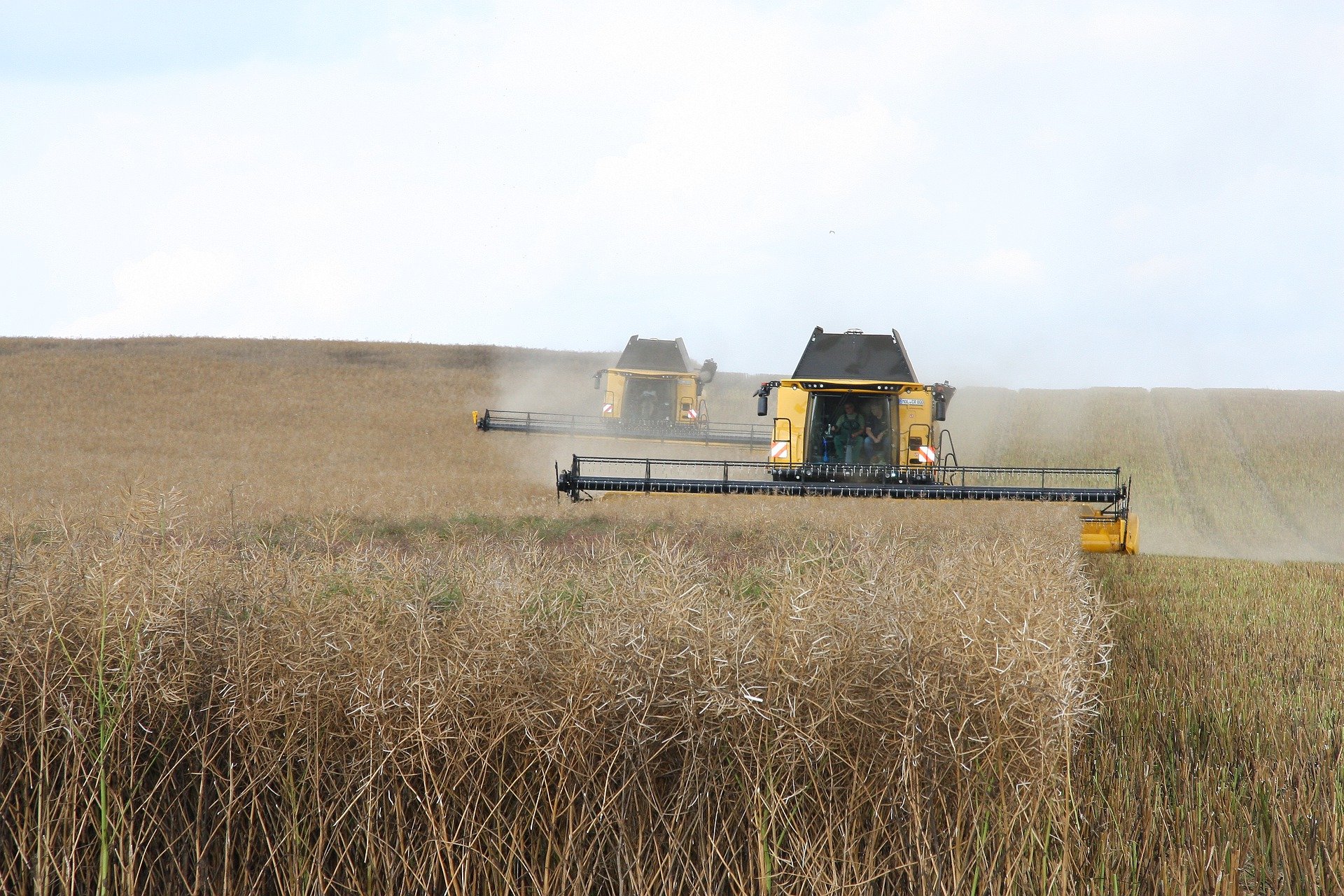Learn About Used Tractor Models, Key Features & Pricing - A Comprehensive Guide
Purchasing a used tractor can be a smart investment for farmers, landscapers, and property owners looking to maximize value while acquiring reliable agricultural equipment. The used tractor market offers diverse options ranging from compact utility models to heavy-duty farm tractors, each designed for specific applications and budgets. Understanding the various models available, their key features, and pricing structures helps buyers make informed decisions that align with their operational needs and financial constraints.

What Used Tractor Models Are Available in Today’s Market?
The used tractor market encompasses several categories designed for different applications. Compact utility tractors, typically ranging from 15 to 40 horsepower, are popular choices for small farms, landscaping, and residential properties. These models from manufacturers like John Deere, Kubota, and New Holland offer versatility for tasks such as mowing, loader work, and light cultivation.
Mid-size tractors, usually between 40 to 100 horsepower, serve medium-scale farming operations and commercial landscaping businesses. Popular models in this category include the John Deere 5000 series, Massey Ferguson 4600 series, and Case IH Farmall series. These tractors provide the power needed for hay production, field preparation, and implement operation while maintaining reasonable fuel efficiency.
Large agricultural tractors exceeding 100 horsepower cater to extensive farming operations requiring significant power for heavy fieldwork, large implement operation, and high-volume production activities. Models such as the John Deere 7000 and 8000 series, Case IH Magnum series, and New Holland T7 series represent this segment.
What Used Tractor Key Features Should Buyers Consider?
Engine performance stands as the most critical feature when evaluating used tractors. Diesel engines dominate the market due to their durability, fuel efficiency, and longevity. Key indicators include engine hours, maintenance history, and overall condition. Tractors with well-documented service records and reasonable operating hours typically offer better long-term value.
Transmission options significantly impact tractor functionality and operator comfort. Manual transmissions provide simplicity and lower maintenance costs, while hydrostatic transmissions offer easier operation and precise speed control. Power shift and CVT (continuously variable transmission) systems provide advanced features but may require higher maintenance investments.
Hydraulic systems enable implement operation and loader functionality. Buyers should assess hydraulic pump capacity, remote valve availability, and system condition. Three-point hitch systems require evaluation of lift capacity, category compatibility, and operational smoothness. PTO (power take-off) systems should be tested for proper engagement and disengagement.
How Does Used Tractor Pricing Vary Across Different Categories?
Used tractor pricing depends on multiple factors including age, condition, hours of operation, brand reputation, and regional demand. Compact utility tractors typically range from $8,000 to $25,000 depending on size, features, and condition. Models with loader attachments command premium prices due to their versatility and demand.
Mid-size tractors generally cost between $20,000 and $60,000, with pricing influenced by horsepower, features, and manufacturer. Premium brands like John Deere and Kubota often maintain higher resale values compared to lesser-known manufacturers. Tractors with cab enclosures, air conditioning, and advanced hydraulics typically command higher prices.
Large agricultural tractors can range from $50,000 to over $150,000 depending on specifications and condition. High-hour units may offer value opportunities for budget-conscious buyers, while low-hour tractors with comprehensive service records command premium pricing.
| Tractor Category | Horsepower Range | Typical Price Range | Popular Models |
|---|---|---|---|
| Compact Utility | 15-40 HP | $8,000-$25,000 | John Deere 1025R, Kubota B2650 |
| Mid-Size | 40-100 HP | $20,000-$60,000 | John Deere 5075E, Massey Ferguson 4707 |
| Large Agricultural | 100+ HP | $50,000-$150,000+ | John Deere 7210R, Case IH Magnum 280 |
Prices, rates, or cost estimates mentioned in this article are based on the latest available information but may change over time. Independent research is advised before making financial decisions.
What Are the Total Used Tractor Costs Beyond Purchase Price?
Beyond the initial purchase price, used tractor ownership involves several ongoing costs that buyers should factor into their budget calculations. Maintenance expenses vary based on tractor age, condition, and usage intensity. Annual maintenance costs typically range from 5% to 15% of the tractor’s value, including routine services, filter changes, and fluid replacements.
Insurance costs depend on tractor value, intended use, and coverage requirements. Farm use tractors may qualify for agricultural insurance rates, while commercial operations might require higher coverage levels. Typical insurance costs range from $200 to $800 annually for most used tractors.
Storage and operational costs include fuel consumption, which varies significantly based on engine size and workload. Compact tractors might consume 1-2 gallons per hour, while large agricultural tractors can use 5-8 gallons per hour during heavy operations. Proper storage facilities protect investment value and reduce weather-related deterioration.
What Tips Help When Getting a Used Tractor?
Thorough inspection before purchase prevents costly surprises and ensures buyer satisfaction. Check engine oil condition, coolant levels, and hydraulic fluid quality. Unusual colors, contamination, or low levels may indicate maintenance neglect or mechanical problems. Test all electrical systems, including lights, gauges, and safety features.
Operate the tractor under various conditions to assess performance. Test steering responsiveness, brake effectiveness, and transmission operation. Listen for unusual noises, vibrations, or irregular operation that might indicate mechanical issues. Verify that all implements and attachments function properly.
Request maintenance records and service history documentation. Well-maintained tractors with documented service intervals typically offer better reliability and longevity. Consider hiring qualified mechanics for pre-purchase inspections on high-value tractors to identify potential problems and negotiate appropriate pricing adjustments.
Research typical pricing for similar models in your local market to ensure fair value. Online resources, equipment dealers, and auction results provide pricing benchmarks for comparison. Factor in transportation costs, immediate repair needs, and required attachments when calculating total investment requirements.
Understanding used tractor models, features, and pricing enables informed purchasing decisions that deliver long-term value and operational success. Careful evaluation, thorough inspection, and realistic budget planning help buyers find suitable equipment that meets their specific needs while avoiding costly mistakes in the competitive used tractor marketplace.




